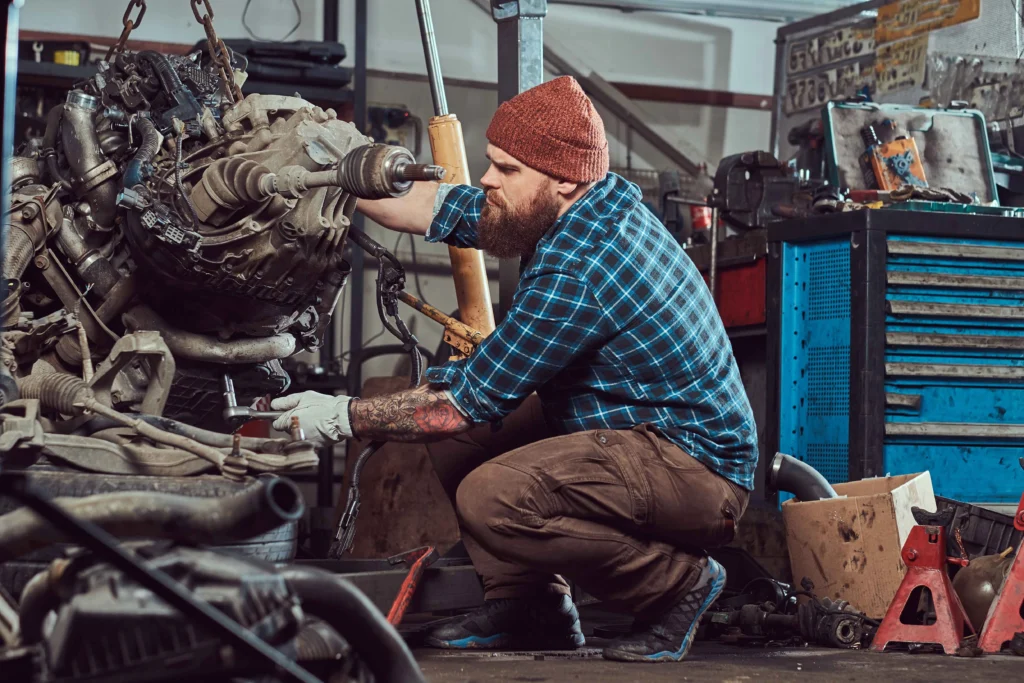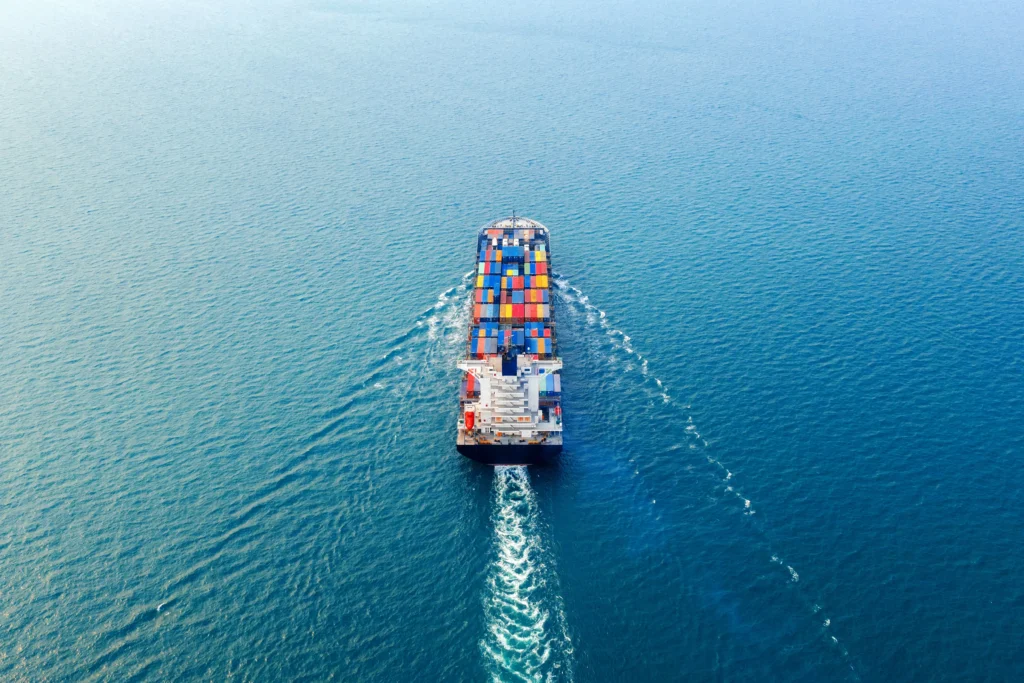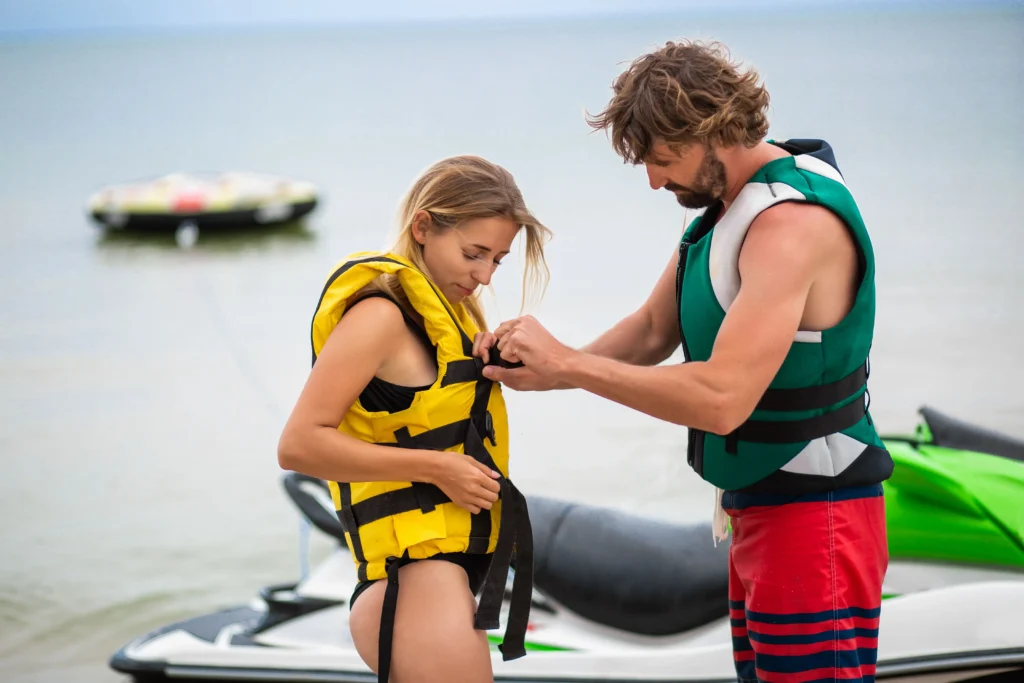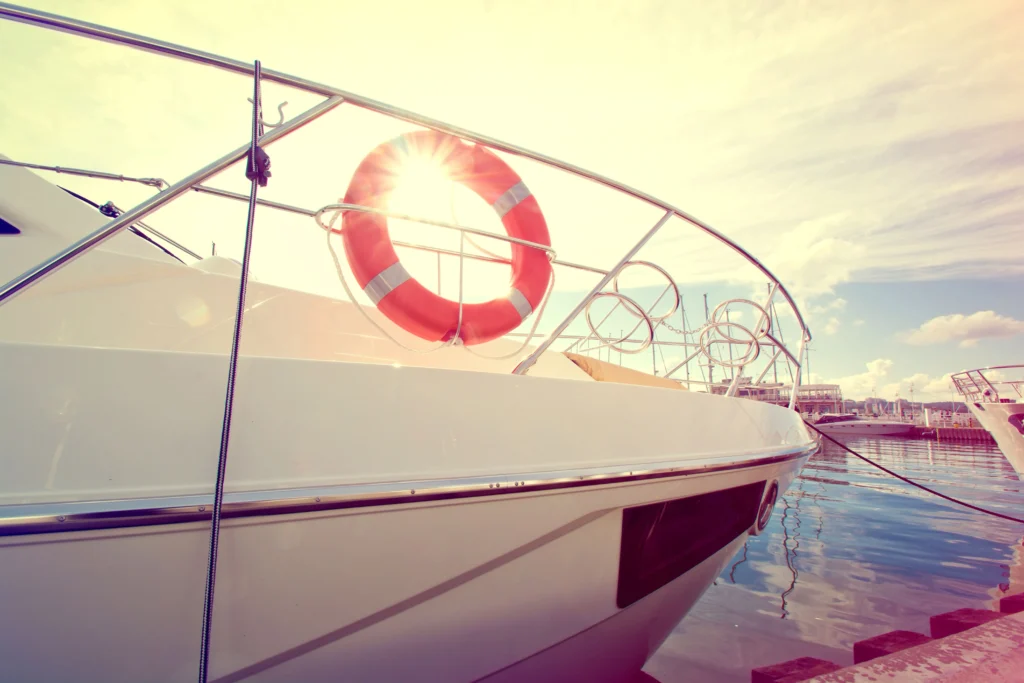Boating Directory Articles
Popular Categories on Boating Directory
Electric/electric systems
Boat Electrical Systems and the Tradespeople Involved in Their Maintenance
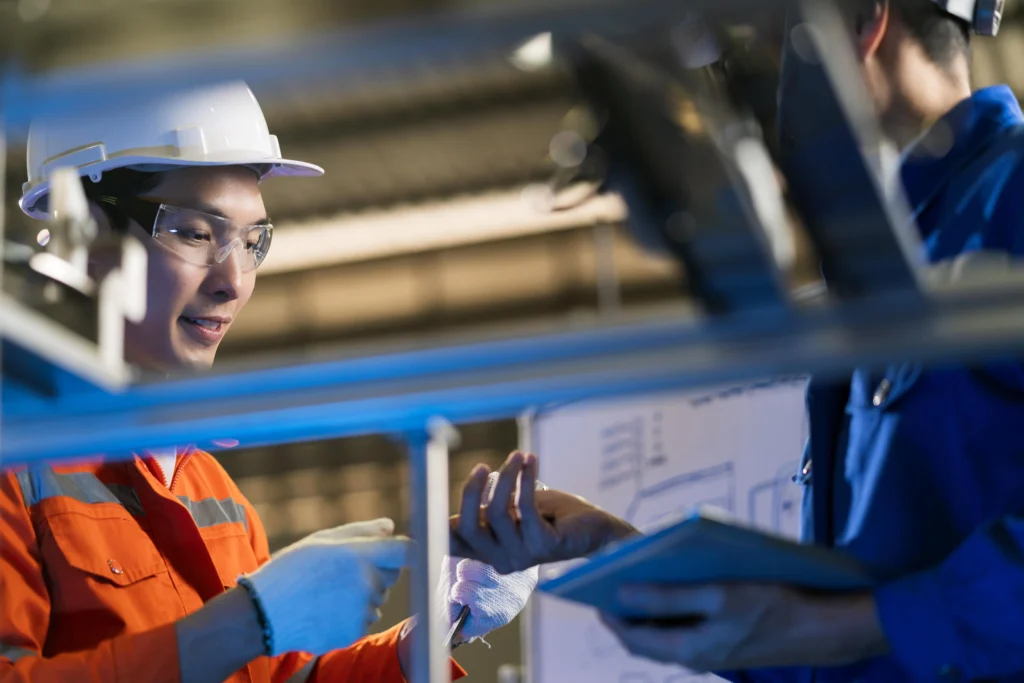
Electrical systems on boats are crucial for powering everything from navigation lights and communication devices to engines, entertainment systems, and essential safety equipment. Properly installed and maintained electrical systems ensure the smooth operation of a boat and help prevent issues like battery failure, electrical fires, or system malfunctions. In Australia, the complexity of modern marine electrical systems has led to the emergence of specialized marine electricians, who are skilled tradespeople responsible for installing, repairing, and maintaining boat electrical systems.
Here’s a deeper look into boat electrical requirements, the systems involved, and the role of marine electricians and other related trades in ensuring these systems are safe and functional.
**Common Electrical Requirements on Boats**
Boats require a reliable and well-maintained electrical system to operate safely and efficiently. The size and complexity of these systems depend on the type of boat and its intended use. Below are some of the key electrical components and requirements found on most boats:
1. **Power Generation**
– **Battery Systems**: Most boats rely on batteries to power their electrical systems. Marine batteries are designed for deep cycling, meaning they can discharge and recharge multiple times without degrading quickly.
– **Alternators**: Boats with engines use alternators to charge their batteries while the engine is running.
– **Solar Panels**: Some boats, particularly sailboats and long-range cruisers, may use solar panels as an auxiliary power source, particularly for maintaining batteries when the boat is at anchor or away from shore power.
– **Wind Generators**: Used on some sailing boats for supplementary charging of batteries, especially on long voyages.
2. **Shore Power**
– **AC Electrical System**: Many larger boats are equipped with shore power systems that allow them to plug into AC power at marinas. These systems typically run at 240V in Australia and power appliances, battery chargers, and other AC-reliant systems.
– **Power Inverters**: Inverters convert the boat’s 12V or 24V DC battery power to 240V AC power to run appliances like microwaves, air conditioning units, and laptops when shore power is unavailable.
3. **Lighting Systems**
– **Navigation Lights**: Essential for safe boating, navigation lights help other vessels identify the type and direction of your boat. These lights must meet specific legal requirements.
– **Interior and Deck Lights**: Boats are fitted with a range of lighting solutions for cabins, cockpits, and decks, often using energy-efficient LED systems to minimize battery usage.
4. **Communication and Navigation Equipment**
– **VHF Radios**: Used for communication with other vessels, marinas, and rescue services. VHF radios are crucial for safety, especially in offshore waters.
– **GPS and Radar Systems**: Electrical navigation equipment like GPS chartplotters and radar systems are standard on most boats, providing essential data for safe navigation.
– **Autopilot**: Many larger vessels are equipped with autopilot systems, which require a reliable electrical power supply.
5. **Entertainment and Appliances**
– **Stereo Systems**: Marine-grade stereo systems for entertainment while at sea or anchored.
– **Refrigerators and Freezers**: Particularly on liveaboard boats, refrigeration systems are often a high energy consumer that requires careful electrical planning.
– **Air Conditioning Units**: Larger boats, especially in tropical Australian waters, may have air conditioning systems that rely on AC power either from shore or a generator.
6. **Bilge Pumps and Safety Systems**
– **Bilge Pumps**: Electrically powered bilge pumps are essential for keeping water out of the hull and are usually connected to automatic float switches.
– **Fire Detection and Suppression Systems**: Some boats are equipped with electrical fire detection systems or electrically controlled fire suppression systems.
7. **Battery Management and Monitoring Systems**
– **Battery Monitors**: These systems track battery levels and alert boaters when batteries are low, helping to prevent failures.
– **Charge Controllers**: For boats using renewable energy sources like solar panels, charge controllers regulate the power coming into the batteries to prevent overcharging.
**Marine Electricians: The Specialists of Boat Electrical Systems**
Marine electricians are highly specialized tradespeople who are trained to work on the unique and often challenging electrical systems found on boats. They differ from regular electricians in that they understand the complexities of a marine environment, including corrosion from saltwater, the unique power requirements of boats, and the need to meet maritime safety standards.
**Duties of Marine Electricians**
1. **Installation of Electrical Systems**
– Marine electricians install new electrical systems on both new and existing boats. This includes the wiring for lights, batteries, solar panels, inverters, and other critical components.
– They ensure that all electrical installations meet marine-grade standards and are designed to withstand the harsh conditions at sea.
2. **Electrical Repairs and Troubleshooting**
– Diagnosing and repairing electrical faults is a key part of a marine electrician’s job. This could include anything from fixing faulty wiring to replacing damaged components like alternators, battery chargers, or lighting systems.
– Troubleshooting complex systems, such as autopilots, radar, or communication systems, is a common task.
3. **Battery and Power Management**
– Marine electricians are skilled at designing and installing battery systems, including backup power supplies for critical systems.
– They advise on battery maintenance, charging systems, and the integration of renewable energy sources like solar and wind.
4. **Shore Power and AC System Installation**
– Installing and maintaining shore power systems is an important task for marine electricians. These systems must be correctly installed to avoid overloading and electrical hazards.
– In larger vessels, marine electricians may also handle the installation of power inverters and generators.
5. **Compliance with Marine Safety Regulations**
– Marine electricians ensure that all installations meet the safety standards set by maritime authorities, such as the Australian Maritime Safety Authority (AMSA).
– They are knowledgeable about the relevant Australian Standards, such as AS/NZS 3004, which governs electrical installations on boats and marinas.
6. **Corrosion Protection**
– Boats are prone to corrosion, particularly in saltwater environments, and marine electricians are trained to mitigate this with special wiring, connectors, and protective coatings.
– They also install and maintain galvanic isolators and sacrificial anodes to reduce electrolysis and corrosion of metal components.
**Other Tradespeople Involved in Marine Electrical Systems**
In addition to marine electricians, other specialized trades contribute to the maintenance and operation of boat electrical systems:
– **Marine Engineers**: Marine engineers often work alongside electricians, particularly on larger vessels, to design and install complex electrical systems. They are also involved in the integration of engines with electrical components.
– **Marine Mechanics**: While primarily focused on engines and propulsion systems, marine mechanics often deal with electrical issues related to engine starting, alternators, and electrical controls for propulsion systems.
– **Solar Technicians**: With the growing use of renewable energy on boats, solar technicians who specialize in marine applications are becoming more common. They install and maintain solar panels and related charging systems.
– **Marine Electronics Technicians**: These specialists focus on navigation, communication, and entertainment systems. They work with GPS systems, radios, radar, and onboard computers to ensure all electronic equipment is functioning correctly.
Chandlers are indispensable to the Australian boating community. Here’s why they play such a crucial role:
– **Local Expertise**: Many chandlers are staffed by experienced boaters who can provide valuable advice on product selection and boating in local waters. Their knowledge is especially useful for new boat owners or those unfamiliar with a particular region’s conditions.
– **Convenience**: With stores located in major boating hubs across Australia, chandlers offer convenient access to essential supplies, reducing the need for boaters to order parts from distant suppliers and wait for shipping.
– **Regulatory Compliance**: Chandlers help boaters stay compliant with Australian maritime regulations by offering the latest safety equipment and ensuring that their products meet local standards.
– **Support for All Boaters**: Whether you’re a commercial fisherman, a sailing enthusiast, or a casual weekend boater, chandlers cater to a broad range of needs, ensuring that everyone can find the right gear and supplies for their activities.
Conclusion
Boat electrical systems are vital to the safe and efficient operation of any vessel, and marine electricians and related trades are essential in keeping these systems in top shape. From installing complex navigation systems to ensuring the boat’s battery and power generation are functioning smoothly, these professionals bring specialized skills and expertise to handle the unique demands of marine environments. Proper maintenance and regular check-ups from qualified marine electricians help ensure that boats remain reliable and safe while navigating Australian waters.
Sponsored Business
Related Articles
Inboard Engine Service and repairs
Boating Directory Articles Popular Categories on Boating Directory Marine Clothing...
Read MoreBoat transport shipping
Boating Directory Articles Popular Categories on Boating Directory Marine Clothing...
Read MoreJet Ski Sales, Service and repairs
Boating Directory Articles Popular Categories on Boating Directory Marine Clothing...
Read MoreNaval Architects
Boating Directory Articles Popular Categories on Boating Directory Marine Clothing...
Read More